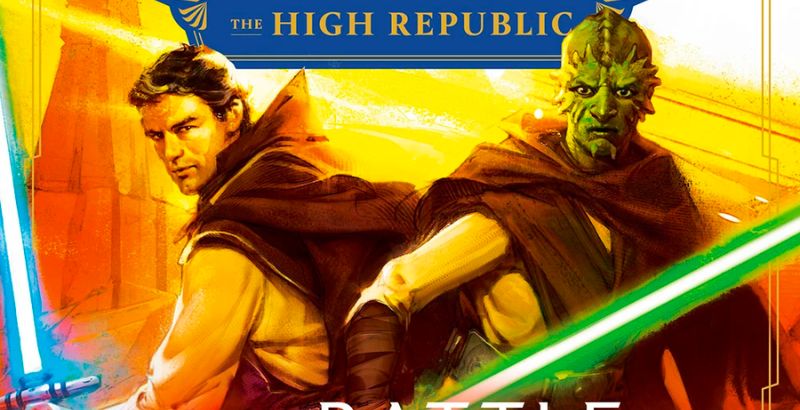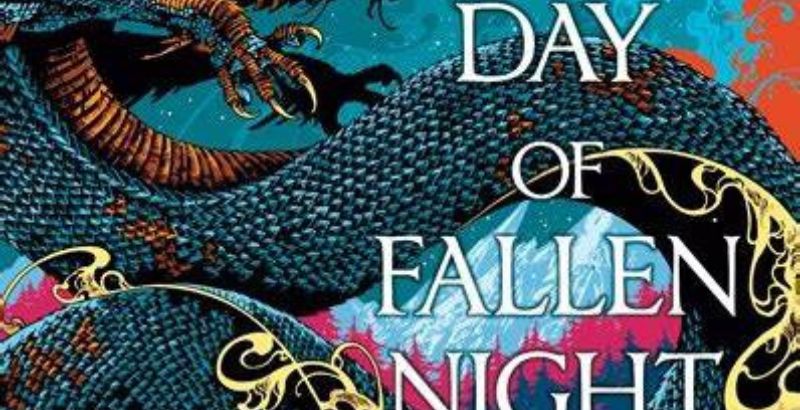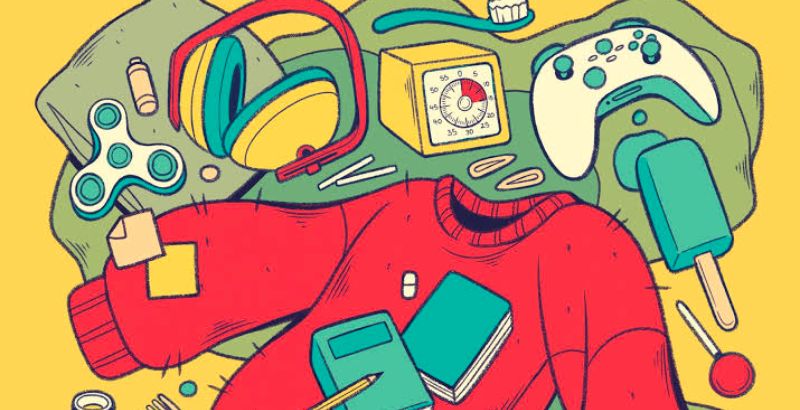
Pahua and the Soul Stealer is the latest middle-grade novel from the Rick Riordan Presents imprint at Disney-Hyperion. Written by Lori M. Lee with audiobook narration from Samantha Tan, the story follows an 11-year-old Hmong girl who is bullied at school for being different, is basically only friends with her younger brother, oh, and she can see and talk to spirits. Unfortunately, that ability gets her into trouble when a bridge spirit steals her brother’s soul, and she has only three days to recover it before he’s lost forever.
Every Rick Riordan Presents book features tweens going on fantastic adventures among the myths and legends from their author’s culture, often to save their families or the whole world. Pahua and the Soul Stealer is no different and shares perhaps the least popularly depicted culture of any of the imprints’ books yet. And the book leans into this really well from all angles. It doesn’t tiptoe around any Hmong words or attempt to anglicize them, but the book is written in such a way that over its course, questions from who are the Hmong people and what should you know about them are effortlessly infused. At the same time, if you’re reading this book as a Hmong kid, it’s overflowing with cultural references to find affinity in. And that’s what’s always so great about Rick Riordan Presents. They’re for everyone to see themselves in somebody from a different culture than themselves, and they’re for the kids who will see themselves represented in a way they rarely get to otherwise.
Pahua is not like most of the characters of fantasy middle-grade novels, though. She’s rather shy when we first meet her with literally no friends and not much a familial or community support system either. When she stumbles into the world of spirits and shamans, it’s not because she’s a plucky kid ready for adventures. It’s because she is a lonely kid who can see spirits and finds one who looks even more lonely than she is. At first, I found this quality a bit frustrating, not because it isn’t utterly realistic, but because it left the story feeling unbalanced. The story felt like it was just following a trite set of plot points with little character development or investment. But about a third of the way in, that all changed.
There are only really two other main characters in the book: Miv, a sarcastic cat spirit who has been Pahua’s best and only friend since she was four, and Zhong, a shaman warrior in training who saves Pahua from a dangerous spirit before guiding her on a journey to get her brother’s soul back. Miv is mysterious but usually the comedic relief. Zhong is a bit of a brat at first and certainly an annoying know-it-all. It’s a very odd trio, and it felt like their dynamic was getting stale quickly. Until Pahua decides that actually, fighting need not always be the solution, and their encounters with demons and unfriendly spirits become about outwitting or appeasing them rather than slashing and hacking them. This change in the typical formula was excellent because it allowed the characters to stay true to themselves while creating a different way out of difficult scenarios than figuring out the next most impressive fighting technique.
Plus, as Pahua gains more confidence in this stance, she gains more confidence in her relationship with Zhong. When the two are finally able to be honest with each other, their characters, together and separately, go from rather innocuous to absolutely beloved. I ended up more interested in their personal growth and relationship than I did most of the mythical elements of the story, which is not always the norm in these books. It’s all thanks to the fact that the book stars a lonely and shy kid. She has a different perspective on the world and a different perspective on friendship and loyalty than other protagonists. Which in turn, gives a great role model for all the shy kids out there who, like Pahua, might wish they had more friends too.
The audiobook edition of Pahua and the Soul Stealer is read with great emotion. There were few moments in particular where the narrator really dug deep with her delivery of sharp emotional moments to the point where the delivery alone rendered me in tears. Narration is not always done with such emotion behind the voice, but this book really nailed that. It has a few moments where I can’t tell whether the pronunciation of Hmong works is standing out because the accents are discordant with those of English, so they naturally sound out of place between English words, or if it was because the words were rerecorded after the fact and spliced back in. Perhaps though, I only find it noticeable because I am But Why Tho’s audio editor and listen for these things. It’s not true of every Hmong word, only a few here and there, and it could possibly be intentional.
Pahua and the Soul Stealer starts off a bit slowly but delivers a great set of characters in a quickly enthralling world. There are a lot of books in the Rick Riordan Presents line now, many of which follow similar outlines. Still, the shy and initially lonely main character sets this book far apart and hopefully will feel like home for a whole new audience.
Pahua and the Soul Stealer is available wherever books are sold.
Pahua and the Soul Stealer
TL;DR
Pahua and the Soul Stealer starts off a bit slowly but delivers a great set of characters in a quickly enthralling world. There are a lot of books in the Rick Riordan Presents line now, many of which follow similar outlines. Still, the shy and initially lonely main character sets this book far apart and, hopefully, will feel like home for a whole new audience.






